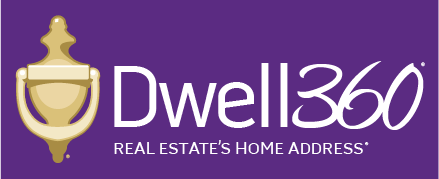New Short Term Rental Law in MA!
The state of Massachusetts now has a law regulating and taxing short term rentals. To help clarify what the law covers and applies to, we’ve outlined the pertinent information you’ll need below and in this new video from Dwell360's own John Lynch.
Q: What is required by the new law?
A: The current state hotel and motel tax has been expanded to include the short-term rental of homes. This includes single families, condominiums, and multifamilies. The law will not apply to ordinary tenancies, i.e. annual lease or tenancy-at-will. The new tax will, however, apply to all rentals that are used for recreational, personal, or business use for a period of 31 days or less.
The new law also applies to those who use AirBnb, HomeAway, VRBO, a Realtor, or any other method for short term rentals. All of Massachusetts’ over 175 cities and towns are included under the new law, but note that each may have their own additional rules and regulations to consider.
Q: What are the tax rates?
A: The tax rate will vary by locality and is the total of the following:
State tax: 5.7%
Local tax: up to 6% and in Boston could be as high as 6.5%
The Cape & Islands tax: 2.75% (this will be used to fund the Cape Cod and Island Water Protection Fund to help clean up the Cape’s coastal waterways)
A community impact fee could be assessed locally on professionally managed properties where the owner has two or more units in one town. This rate could be as high as 3%.
Q: Are there any exemptions to the law?
A: The tax imposed does not apply to properties rented for 14 days or less per calendar year. It is important to note, however, that these properties are still subject to already existing laws around insurance and registration.
Q: When will this law take effect?
A: Rental contracts signed on or after January 1, 2019 for stays on or after July 1, 2019 will be subject to the tax. If you booked your property before December 31, 2018 for a rental after July 1, 2019, then the tax rate will not apply to that rental.
Q: Are there any other regulations specific to my town or city?
A: As this law becomes implemented throughout the state, your locality will make decisions on their unique tax rate or any special regulations they have for short-term rentals. Make sure to keep up to date with the law at both the state and local level.
Q: Do the properties need to be registered with the state or city/town?
A: Every separate rental unit will need to be registered with the state short-term rental registry within the State Department of Revenue. This database will be accessible to the public. In addition, each city or town has permission to create their own short term rental registry so be sure to check in with your locality about exact requirements. Some cities like Boston and Cambridge already have rules in place for registration.
Q: Do I need to carry insurance for the property?
A: Owners are required to carry $1m liability insurance to cover each short term rental as of July 1, 2019.
Still have questions? Give us a call at 617-299-0012 and we’ll be happy to address any concerns you may have.
- Bill H.3454 An Act regulating and insuring short-term rentals
https://malegislature.gov/Bills/190/H3454
- Boston Short Term Rental Information
https://www.boston.gov/departments/inspectional-services/short-term-rentals
- Cambridge Short Term Rental Information
https://www.cambridgema.gov/iwantto/registerashorttermrental
- Somerville Short Term Renal Information
https://www.somervillema.gov/strs
Source
Massachusetts Association of Realtors. New Short Term Rental Laws in Massachusetts Q&A. Retrieved from http://www.marealtor.com/members/legal-resources/short-term-rentals.
Q: What is required by the new law?
A: The current state hotel and motel tax has been expanded to include the short-term rental of homes. This includes single families, condominiums, and multifamilies. The law will not apply to ordinary tenancies, i.e. annual lease or tenancy-at-will. The new tax will, however, apply to all rentals that are used for recreational, personal, or business use for a period of 31 days or less.
The new law also applies to those who use AirBnb, HomeAway, VRBO, a Realtor, or any other method for short term rentals. All of Massachusetts’ over 175 cities and towns are included under the new law, but note that each may have their own additional rules and regulations to consider.
Q: What are the tax rates?
A: The tax rate will vary by locality and is the total of the following:
State tax: 5.7%
Local tax: up to 6% and in Boston could be as high as 6.5%
The Cape & Islands tax: 2.75% (this will be used to fund the Cape Cod and Island Water Protection Fund to help clean up the Cape’s coastal waterways)
A community impact fee could be assessed locally on professionally managed properties where the owner has two or more units in one town. This rate could be as high as 3%.
Q: Are there any exemptions to the law?
A: The tax imposed does not apply to properties rented for 14 days or less per calendar year. It is important to note, however, that these properties are still subject to already existing laws around insurance and registration.
Q: When will this law take effect?
A: Rental contracts signed on or after January 1, 2019 for stays on or after July 1, 2019 will be subject to the tax. If you booked your property before December 31, 2018 for a rental after July 1, 2019, then the tax rate will not apply to that rental.
Q: Are there any other regulations specific to my town or city?
A: As this law becomes implemented throughout the state, your locality will make decisions on their unique tax rate or any special regulations they have for short-term rentals. Make sure to keep up to date with the law at both the state and local level.
Q: Do the properties need to be registered with the state or city/town?
A: Every separate rental unit will need to be registered with the state short-term rental registry within the State Department of Revenue. This database will be accessible to the public. In addition, each city or town has permission to create their own short term rental registry so be sure to check in with your locality about exact requirements. Some cities like Boston and Cambridge already have rules in place for registration.
Q: Do I need to carry insurance for the property?
A: Owners are required to carry $1m liability insurance to cover each short term rental as of July 1, 2019.
Still have questions? Give us a call at 617-299-0012 and we’ll be happy to address any concerns you may have.
- Bill H.3454 An Act regulating and insuring short-term rentals
https://malegislature.gov/Bills/190/H3454
- Boston Short Term Rental Information
https://www.boston.gov/departments/inspectional-services/short-term-rentals
- Cambridge Short Term Rental Information
https://www.cambridgema.gov/iwantto/registerashorttermrental
- Somerville Short Term Renal Information
https://www.somervillema.gov/strs
Source
Massachusetts Association of Realtors. New Short Term Rental Laws in Massachusetts Q&A. Retrieved from http://www.marealtor.com/members/legal-resources/short-term-rentals.


